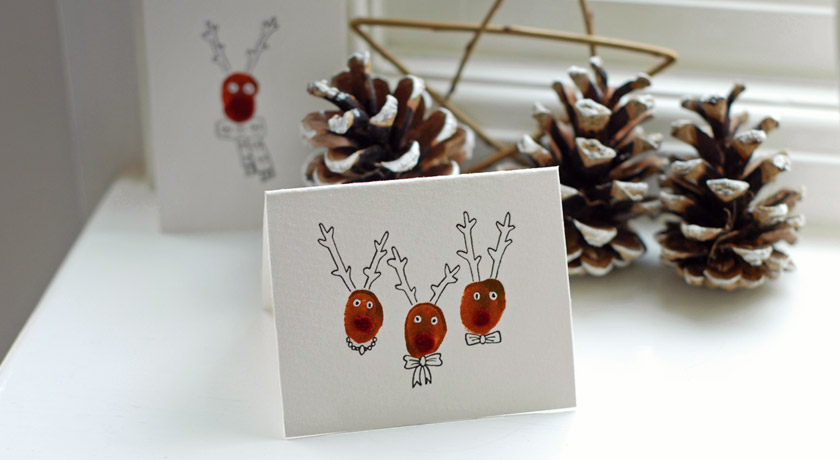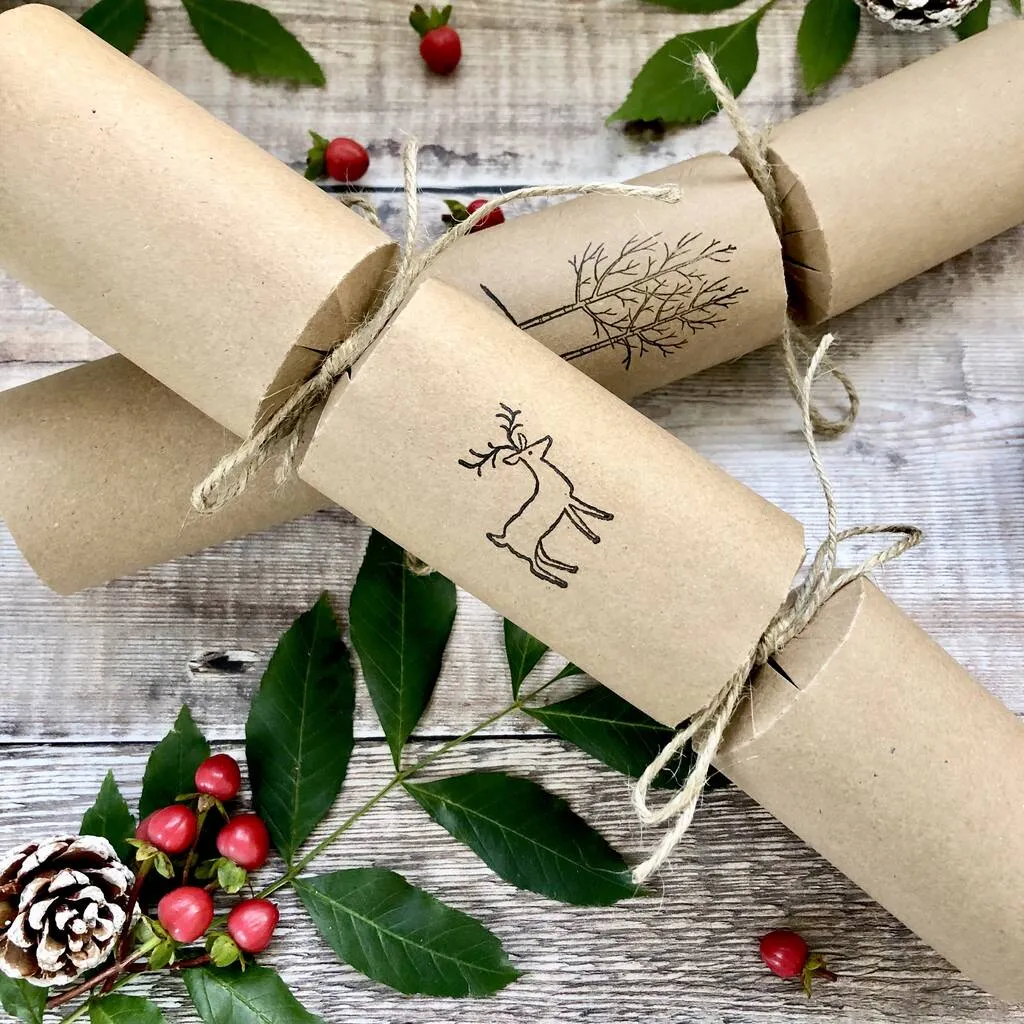Christmas is a time for joy, family, and festivities—but it can also have a significant environmental impact. From excessive energy use to piles of waste, Christmas in the UK generates millions of tonnes of CO₂ emissions each year. Here are ten ways to celebrate a greener Christmas without sacrificing the festive spirit.
1. Choose a Sustainable Christmas Tree
While artificial trees are reusable, they are made from plastics and often have a high carbon footprint. A real Christmas tree, when responsibly sourced from local growers certified by the Forest Stewardship Council (FSC), is a greener option. After the holidays, recycle it at your local council collection point or compost it.
Alternatively, consider renting a living tree! Many UK companies now deliver potted trees that can be returned after Christmas to continue growing.
2. Use Energy-Efficient Lights
Christmas lights are a staple of holiday decor, but they can guzzle energy. Opt for LED fairy lights, they consume up to 90% less energy than traditional bulbs. Use a timer or smart plug to ensure lights are on only during the evening to save electricity, which helps with the cost of living!
3. Give Thoughtful, Eco-Friendly Gifts
Avoid mass-produced, short-lived items. Choose durable, locally made gifts or experiences like theatre tickets, memberships, or workshops. Your local flea or craft market will have many hidden treasures which family and friends will love. For children, consider gifts that encourage creativity and last for years. You can also make handmade gifts like knitted scarves, baked goods, or personalised photo albums.
4. Wrap Responsibly
Wrapping paper often contains plastic or glitter, making it non-recyclable. Why not go for sustainable alternatives such as:
– Brown kraft paper (you can decorate it with stamps or drawings).
– Fabric wrapping (using the Japanese *furoshiki* method).
– Reusable gift bags.
– I am going to try newspapers this year!
Secure wrapping with string or ribbon instead of sticky tape for a plastic-free finish.
5. Reduce Food Waste
Christmas dinners can result in a lot of leftovers. Plan your menu carefully to avoid over-buying. Any leftovers can be transformed into tasty meals like turkey curry, bubble and squeak, or festive soups.
If you still have surplus, donate unopened food to local food banks or apps like Too Good to Go. Compost any unavoidable food waste!
6. Buy Local and Seasonal Food
Support UK farmers by choosing locally produced, seasonal ingredients for your Christmas meal. Reducing food miles helps cut down on carbon emissions. Look for free-range, organic options, and try to avoid overly packaged products.
7. Send Digital or Plantable Cards
Traditional Christmas cards contribute to deforestation and often end up in landfill due to glitter or foil embellishments. Switch to:
– E-cards or personalised digital greetings.
– Plantable seed cards, which grow into wildflowers when planted.
– Hand make your own cards from scraps such as old Christmas cards.
If sending physical cards, look for FSC-certified and recyclable options.

8. Shop Second-Hand Decorations
Charity shops and online platforms like eBay, Facebook Marketplace or Vinted are treasure troves for pre-loved Christmas decorations. By reusing, you reduce demand for new items and save money.
If you prefer to make your own, try DIY decorations using natural materials like dried orange slices, pinecones, and twigs.
9. Rethink Travel Plans
Holiday travel can significantly increase your carbon footprint. If possible, use trains or carpool instead of flying or driving solo. Staying local for Christmas reduces emissions and supports nearby communities.
For family or friends far away, consider a virtual get-together—it’s cheaper, greener, and just as joyful!
10. Choose Sustainable Crackers
Christmas crackers often contain plastic toys that end up in landfill. Many also contain non-biodegradable glitter. Swap them for eco-friendly crackers with recyclable packaging and useful or edible gifts inside. Better yet, make your own! Kits are widely available and allow you to personalise the experience.

By making small, mindful changes, you can reduce your environmental impact this Christmas while spreading joy and sustainability. These steps not only help the planet but often lead to a more meaningful and cost-effective celebration. Let’s make this season merry, bright—and green!